Hurricane Beryl, a formidable Category 4 storm, is currently menacing Jamaica’s southern coastline after causing widespread devastation and claiming at least seven lives in the Caribbean region.
As of Wednesday, the eye of the hurricane has yet to make landfall in Jamaica but is anticipated to do so imminently. Forecasters from the US National Hurricane Center (NHC) have warned of potentially catastrophic winds and sea surges, urging residents to take immediate precautions.
With sustained winds reaching an alarming 140 mph (220 kph), Hurricane Beryl has set a record as the earliest Category 5 storm in July since the NHC began keeping records. Ahead of its approach, Jamaicans have been diligently preparing, securing boats, stocking up on essentials like food, water, and gasoline, and adhering to evacuation orders issued by Prime Minister Andrew Holness.
In an effort to ensure public safety, Prime Minister Holness has implemented a curfew across the entire island nation of 2.8 million people, urging those in flood-prone or vulnerable areas to seek refuge in designated shelters or safer locations. The gravity of the situation prompted Holness to address the nation via social media, emphasizing the need for proactive measures to mitigate the storm’s impact.
Desmon Brown, overseeing preparations at Kingston’s National Stadium, described efforts to safeguard the facility against potential damage, including securing windows and protecting vital equipment. Despite these precautions, the concrete structure offers limited protection against the force of the impending storm.
Meanwhile, Mexican authorities are bracing for Beryl’s next onslaught, projecting its path to intersect between the popular tourist destination of Tulum and Felipe Carrillo Puerto in the Yucatan Peninsula. Civil Protection coordinator Laura Velazquez announced the deployment of military and emergency personnel, anticipating severe weather conditions including intense rains and strong winds starting Thursday.
The hurricane has already exacted a tragic toll, claiming lives in Grenada, St. Vincent and the Grenadines, and Venezuela. Reports from Grenada indicate significant destruction on Carriacou island, where homes, telecommunications, and critical infrastructure have been severely damaged or destroyed. Prime Minister Dickon Mitchell lamented the island’s isolation following the storm’s direct hit, underscoring the magnitude of the devastation.
In the broader context, climate experts warn that such early and potent storms are increasingly linked to climate change, fueled by abnormally warm North Atlantic waters. Simon Stiell, a UN climate official with personal ties to the affected area, emphasized the role of climate crisis in intensifying natural disasters to unprecedented levels of destruction.
As Hurricane Beryl continues its path of destruction, the international community remains on high alert, emphasizing the urgent need for coordinated efforts to mitigate climate impacts and protect vulnerable populations from escalating weather-related risks.



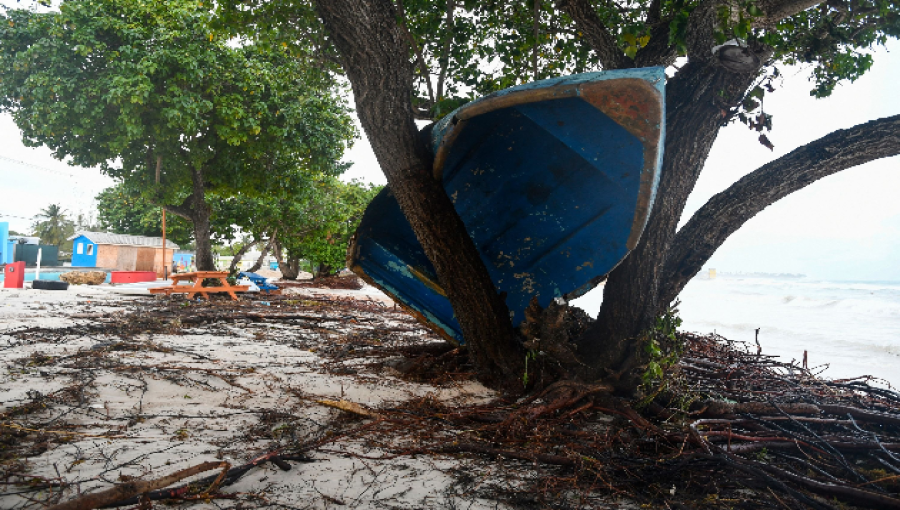





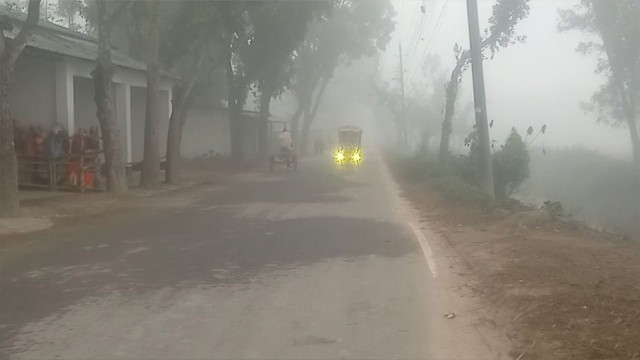



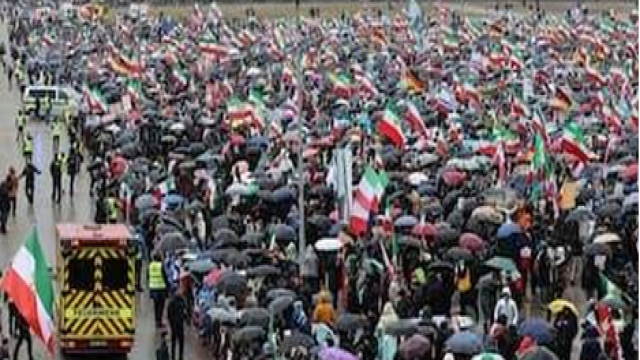


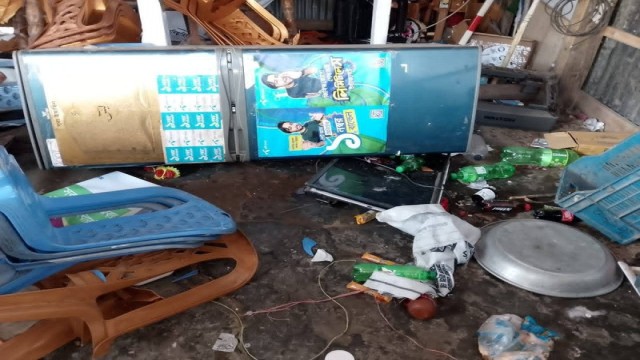













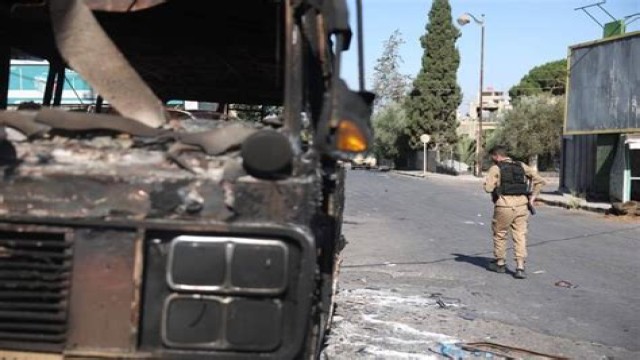
Comment: